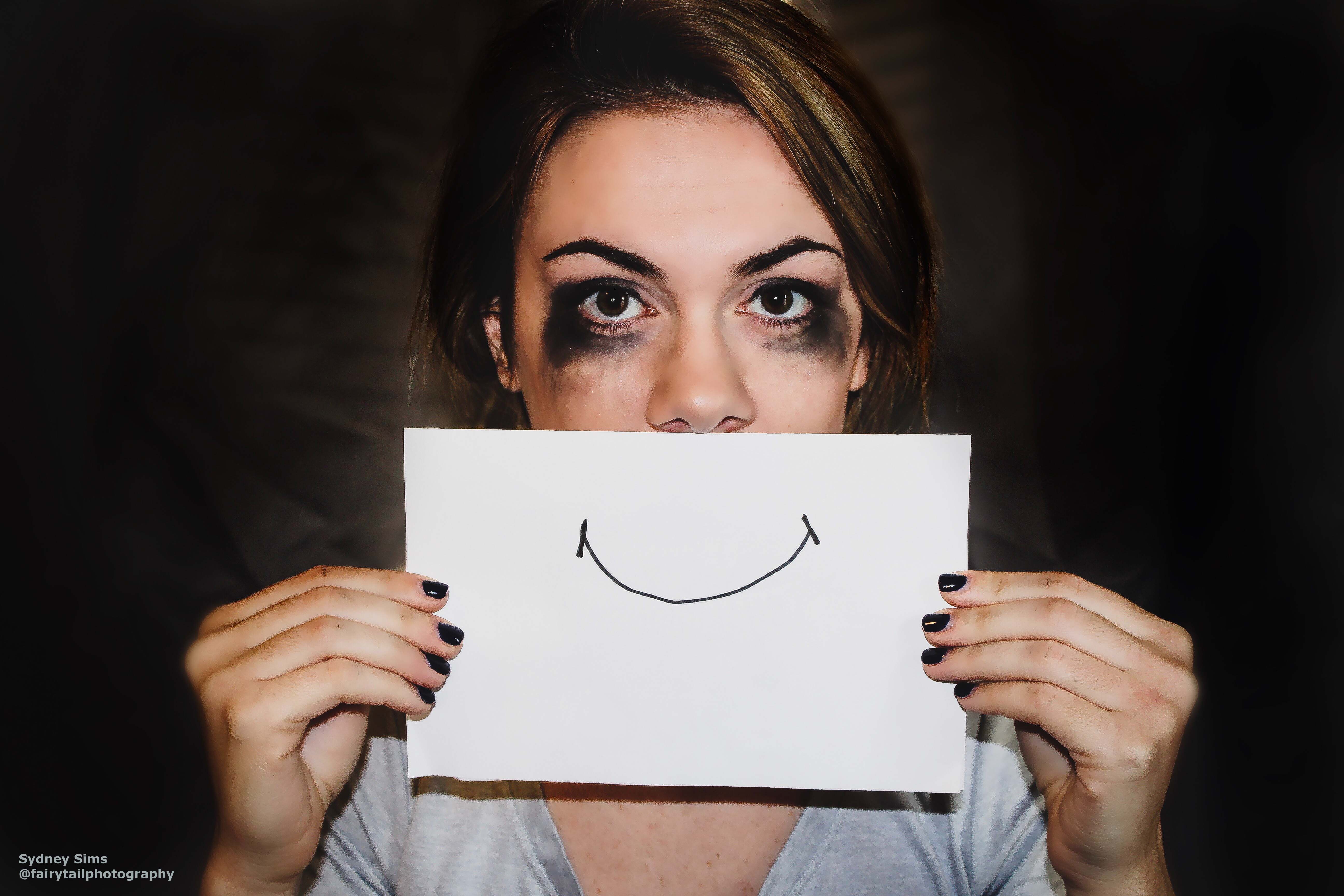Unlike any other species on the planet, humans are conscious of tomorrow and worry about the future. Although most animals become vigilant when something unpredictable happens, we go far beyond… often becoming anxious and stressing out about what may happen long before there is need for alarm.
As per usual in my posts, I intend to give some practical approaches on how to reduce anxiety associated with the “unsureness” tomorrow. By providing information on how and why we become anxious in the face of the unknown, I hope to help you recognize how natural your feelings are as well as to deal with uncertainty as best you can. I will also give you some practical tips to help you deal with inevitable change in a positive manner.
Scientific studies show that we generally have a serious aversion to uncertainty. For example, as detailed in this article and the references therein, we generally chose certainty over uncertainty. In fact, we would rather receive an electric shock now than wait to maybe be shocked later. Also, our nervous system is more activated when awaiting an unpredictable negative stimulus than when waiting for an expected one.
The brain mechanisms involved in tolerance to uncertainty are complex and linked to various processes such as threat detection and emotional regulation, believed to be linked to separate brain domains the amygdala and prefrontal cortex, respectively. This, of course, varies between individuals, with some people being better at dealing with uncertainty or ambiguity than others.
What can we learn from the studies to help us better deal with uncertainty?
1- High intolerance to change has been linked to indecisiveness – so let go of perfection and avoid second guessing yourself. Basically, stick to the plan (which you have made) and adjust accordingly.
2- People with low tolerance to change are more likely to compare themselves to others. The main message here is that no matter how useful other people’s advice is, bio-individuality is always key. So, do ask for advice, think and study, but avoid comparing yourself to other people. Thank goodness there is no one that is completely like you, and you know yourself best.
3- Recognize that you can’t control everything and avoid excessive certainty-seeking behavior. When you try to control every aspect of your life you often push too far and make problems that do not exist (example – asking your partner if they still love you many times a day). My father used to wisely say, “don’t preoccupy, but rather occupy yourself”. Recognizing what you can control and actively taking control of it also results in better self-assurance and confidence.
Often, how we feel about the unsure comes down to what is at stake… with small uncertainties being viewed positively (a prize in a lottery, for example) whilst large ones (such as your salary or health) being associated with anxiety and stress. Besides the three tips above, there are also interesting lessons to be learnt from the positive side of uncertainty (we don’t want to know the end of the movie when we start watching, or the final score of a match… and most of us love surprise gifts, for example).
Try to keep perspective and to face uncertainty as a part of life. Remembering times that you were afraid and that worked out fine can help. And the unknown can be empowering… think about it – when nothing is certain, everything is possible. Just think of how boring life would be if we always knew what the future held in store.


